Take a look around you—a CAD technician is likely responsible for something you see! CAD (Computer-Aided Design) technicians collaborate with engineers and planners to design a wide range of aspects of daily life, from parts of cars we drive to the buildings we live and work in.
These pros use specialized software like AutoCAD to create and analyze structural designs, and to run important test simulations on material, durability, and stability. If you want to pursue CAD training, the right program will help you develop both the skills and the particular ethical principles you need to produce the usable, safe, and reliable work CAD technicians are known for.
Read on to learn why ethics are such an important part of today’s top AutoCAD programs.
CAD Course Ethics Help You Develop ‘Good Character’
When you train to become a CAD technician, you’ll learn how to transform concepts into usable designs alongside your professional peers in engineering and construction. A CAD technician’s work is what the clients, builders, and engineers on a project refer to when bringing designs to life.
To earn this important place in the engineering and construction sector, you’ll need to have what the Canadian Engineering Qualifications Board refers to as “good character.” The Board describes a good character as:
- “The ability to tell the difference between right and wrong.”
- “The courage to do what’s right, no matter the personal consequences”
- “The ability to assess the issues, within the context of the practice of the professions, in the best interests of the public as a whole.”
Practicing integrity and courage is a necessary prerequisite to employment in this line of work, so taking time to consider ethics in your AutoCAD training is a must.

AutoCAD students collaborate to create safe and ethically responsible designs.
Grads of AutoCAD Courses Go On to Impact the Health of their Communities
To graduate from a top CAD design course, you’ll need to have an understanding of the real implications of your work—how your decisions can affect the lives of people and environments in which the products you design might exist. You’ll learn the critical importance of considering the following elements of your designs:
- technical feasibility and reliability of materials
- risk to persons’ immediate safety and long-term health effects
- potential impacts plans could have on the surrounding environment
With these considerations made, you’ll be better able to comply with ethical standards laid out by industry leaders like APEGA, the foremost professional engineering association in Alberta. APEGA calls CAD students, like yourself, to “hold paramount the health, safety, and welfare of the public, and have regard for the environment.” After all, making reliable designs for the real world is what CAD is all about!
AutoCAD Pros Use Ethics to Recognize Their Strengths and Limitations
In order to put the skills you’ve learned in a CAD course to work, you’ll need to make sure you’re up to the job. Being honest with yourself and others about your competency in an area is important for both your reputation and the safety of the public at large. As APEGA puts it, technicians “shall undertake only work that they are competent to perform by virtue of their training and experience.”
In CAD courses you’ll learn to evaluate when a situation calls for skills you don’t possess. Your training will put you at the cutting edge of this field, where it’ll be up to you to communicate your knowledge to clients and be open to collaboration when tasks extend beyond your scope of expertise.
A confident base in your ethical principles, from personal integrity to industry-standard obligations and beyond, will help you achieve the truly meaningful and fulfilling CAD career you deserve!
Are you interested in enrolling in AutoCAD courses to kick-start your own design career?
Visit Digital School to learn how we can help you reach your goals!



